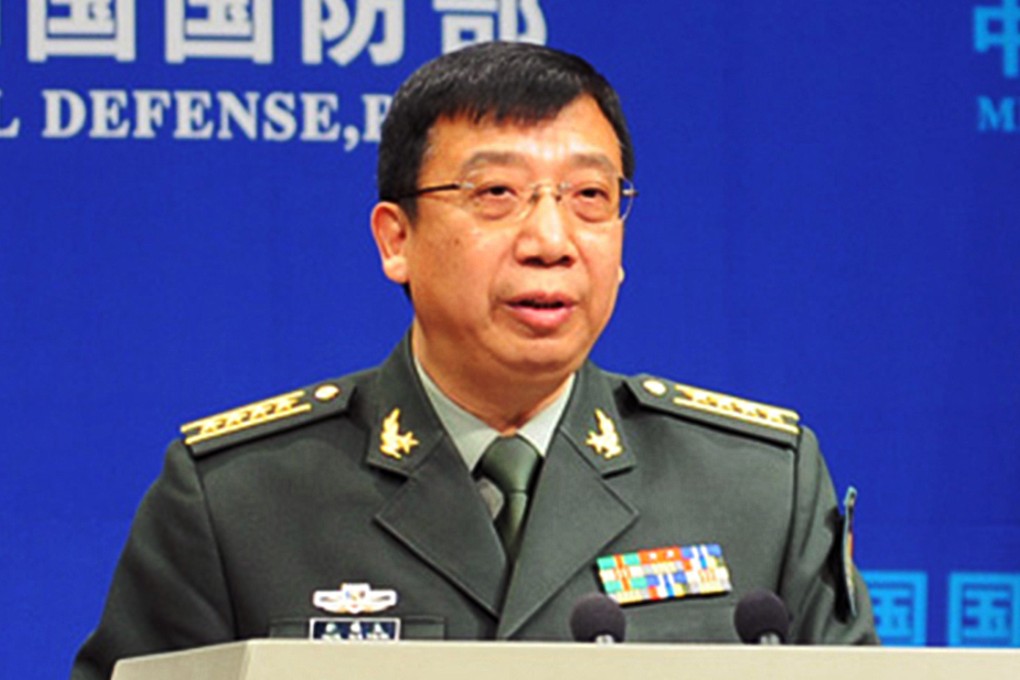Beijing says it has ensured stability with air defence zone
Military says it has ensured safety in the East China Sea identification zone, set up a year ago, but analysts caution the situation could change

Beijing's controversial air defence identification zone (ADIZ) over the East China Sea has ensured safety and security, the Defence Ministry said yesterday, dismissing criticism that it had exacerbated regional tension.
Analysts said that despite occasional showdowns, there had not been any major conflict between China and Japan since Beijing unilaterally announced the zone a year ago. But a flare-up could still occur if Beijing decided to apply its rules for the zone more forcefully, possibly step by step over time, one analyst said.
Ministry spokesman Geng Yansheng told a monthly press briefing that China had strengthened its surveillance of foreign aircraft over the East China Sea since the zone's establishment.
"Over the past year, we have maintained airborne safety and stability over the East China Sea, and safeguarded order in the area," he said.
But Geng sidestepped questions on whether Beijing would announce a similar zone for the South China Sea, which is at the centre of other long-running disputes between Beijing and its Southeast Asian neighbours.
"We are confident about the overall stability of the South China Sea and our relationship with neighbouring countries," Geng said.